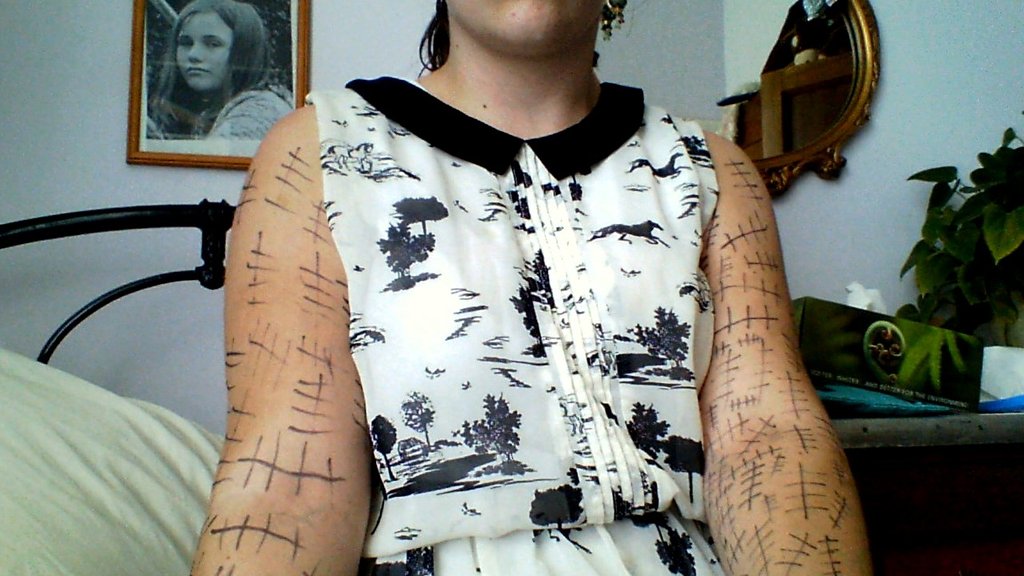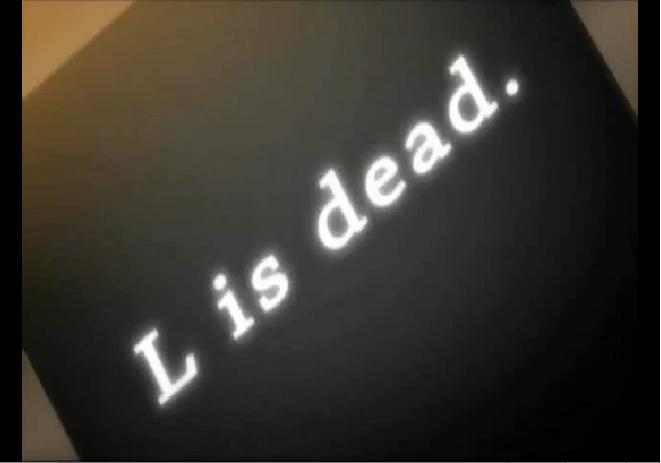[First, I need to apologize for the poor formatting in this post–I’m on vacation and working from an old iPad, which is doing wonky things to the WordPress interface.]
I’ve been chewing on some thoughts about this summer’s big musical releases–Jay Z’s Magna Carta Holy Grail (MCHG), Kanye’s Yeezus, and Robin Thicke’s “Blurred Lines” (and somewhat relatedly, Miley Cyrus’s “We Can’t Stop”). All of these records and singles used technology and social media in new-ish ways (or rather, ways relatively new to major-label releases and big hit records) to distribute, market, and generate buzz about the work. MCHG was released first as what Chris Richards calls “a data collection exercise disguised as a smartphone app,” and Yeezus’s “New Slaves” was debuted at guerilla listening parties across the globe, accessible via interactive map on his website (kanyewest.com now features an different interactive media object, the video for “Black Skinheads”). In an attempt to draw significant mainstream attention to mid-career artists who either never had or lost that sort of visibility, Thicke and Cyrus made sexist and/or racist videos to generate buzz on teh interwebs. (What’s new here is that sex and racial non-whiteness are no longer inherently outrageous and offensive to mainstream (white) taste–in post-feminist, post-racial America, that level of offense is reserved for certain types of misogyny and racism performed by people who supposedly ought to know better. This is a really interesting line of inquiry, but not, ultimately, the one I want to follow in this post.)
Sasha Frere-Jones has a provocative new piece about Jay and Ye’s new albums up at The New Yorker, so that spurred me to make my questions about these two albums a bit more choate. Frere-Jones’s article itself deserves careful analysis and discussion, and not only because he compares his disappointment with Jay Z’s politics and performance to his disappointment with the George Zimmerman verdict. (I’m happy to have that discussion in the comments here; I hope to have something up on my personal blog in the next week.) Here, however, I want to follow Frere-Jones’s general strategy of thinking about the broader social implications of MCHG. more...







